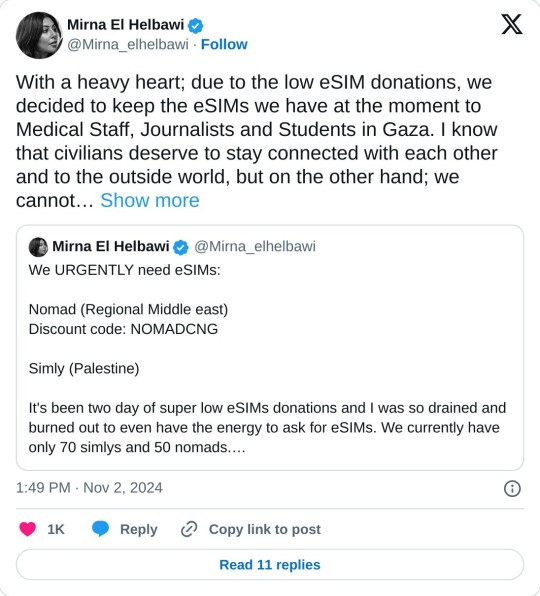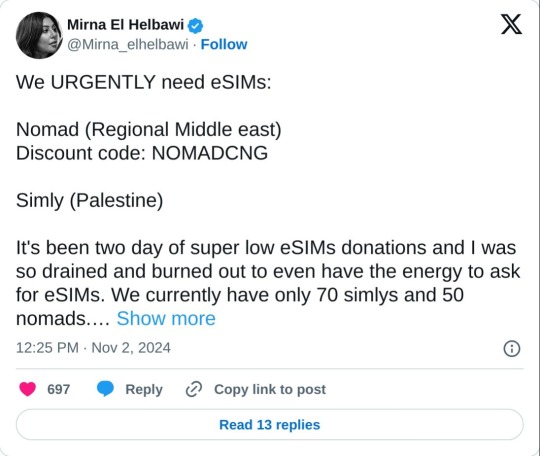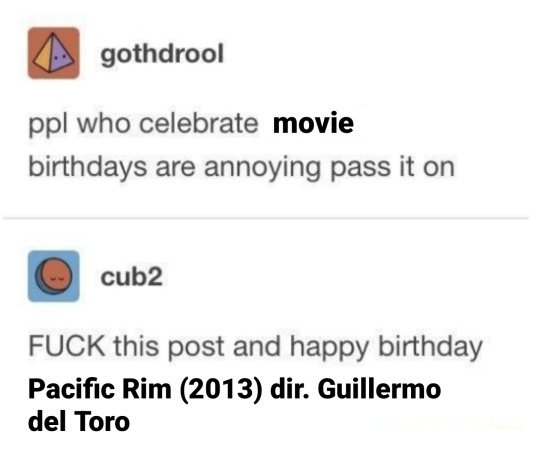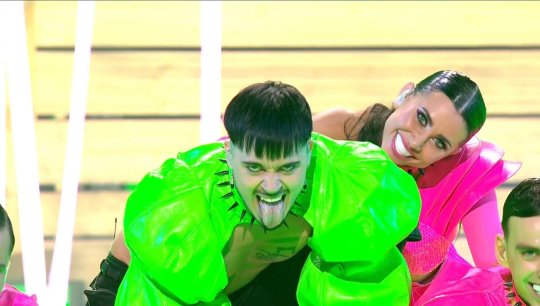'if you come to the circus, don't be surprised when you meet the clowns' -ancient proverb
Don't wanna be here? Send us removal request.
Text
feels so wrong that itll be 2025 soon. fake year. science fiction year
162K notes
·
View notes
Photo
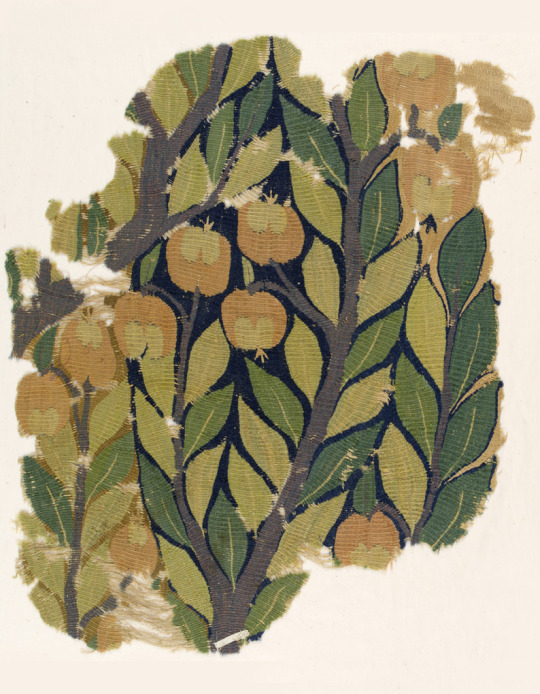


Curtain & Border Fragments, 3rd–4th century. Linnen, wool. Tapestry woven. Via Cooper Hewitt
4K notes
·
View notes
Text
The Trans Pride Centre – the UK’s only trans-focused center run by trans people – will have to close its doors for good unless it raises £27,500 to keep it open to provide vital support services for the trans and non-binary community.
Donate! Share!
Please, spread the word in any way you can!
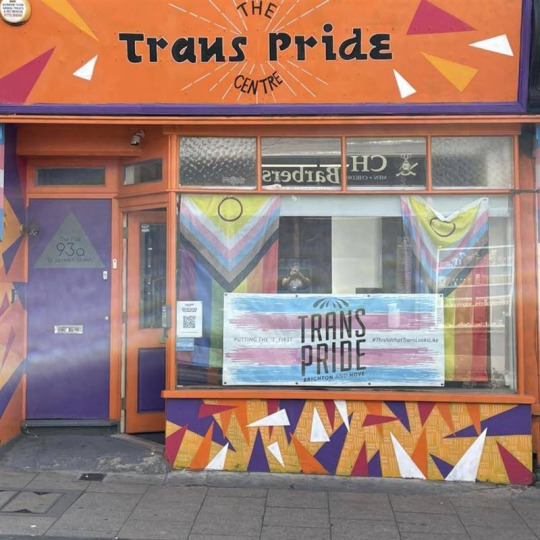
9K notes
·
View notes
Text
just a heads up, Nomad no longer has a Middle East option for e-sims to buy them for Palestinians in Gaza.
Simly.io does though ! if you're able, buy an e-sim through there and email it to [email protected] to help Palestinians get back online
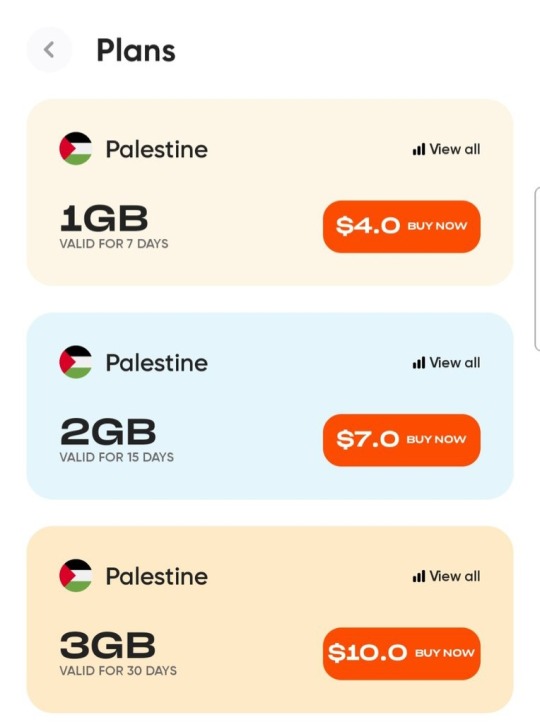
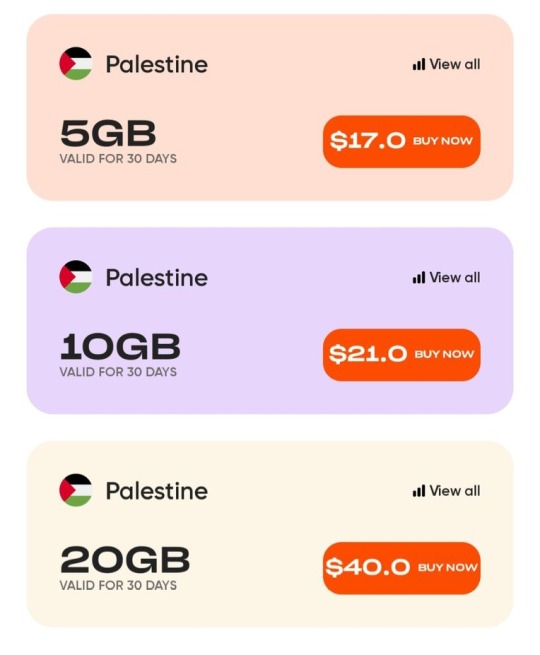
6K notes
·
View notes
Text

Medical Aid for Palestinians
Medical Aid for Palestinians (MAP) works for the health and dignity of Palestinians living under occupation and as refugees. We provide immediate medical aid to those in great need, while also developing local capacity and skills to ensure the long-term development of the Palestinian healthcare system.
you can read more about their ongoing emergency response here
Responding to this emergency situation, Medical Aid for Palestinians (MAP)’s team on the ground in Gaza are releasing all of our pre-positioned stocks, worth $570,000 USD (approximately £465,000), to ensure hospitals and emergency responders have the supplies they need to cope with an unprecedented influx of casualties. The list of supplies provided by MAP includes essential drugs and disposables, lab reagents and support for Gaza’s blood bank services. Some of these supplies are already being delivered to Al Awda Hospital.
If you have money to spare, please consider donating
24K notes
·
View notes
Text
Long covid has derailed my life. Make no mistake: It could yours, too.
By Madeline Miller for the Washington Post, August 9th, 2023.
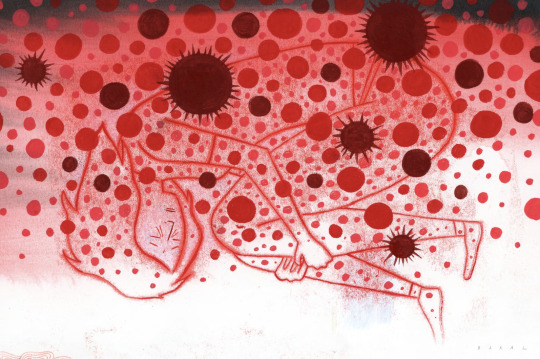
Audio version available in the inline link.
Madeline Miller, a novelist, is the author of “The Song of Achilles” and “Circe.”
In 2019, I was in high gear. I had two young children, a busy social life, a book tour and a novel in progress. I spent my days racing between airports, juggling to-do lists and child care. Yes, I felt tired, but I come from a family of high-energy women. I was proud to be keeping the sacred flame of Productivity burning.
Then I got covid.
I didn’t know it was covid at the time. This was early February 2020, before the government was acknowledging SARS-CoV-2’s spread in the United States.
In the weeks after infection, my body went haywire. My ears rang. My heart would start galloping at random times. I developed violent new food allergies overnight. When I walked upstairs, I gasped alarmingly.
I reached out to doctors. One told me I was “deconditioned” and needed to exercise more. But my usual jog left me doubled over, and when I tried to lift weights, I ended up in the ER with chest pains and tachycardia. My tests were normal, which alarmed me further. How could they be normal? Every morning, I woke breathless, leaden, utterly depleted.
Worst of all, I couldn’t concentrate enough to compose sentences. Writing had been my haven since I was 6. Now, it was my family’s livelihood. I kept looking through my pre-covid novel drafts, desperately trying to prod my sticky, limp brain forward. But I was too tired to answer email, let alone grapple with my book.
When people asked how I was, I gave an airy answer. Inside, I was in a cold sweat. My whole future was dropping away. Looking at old photos, I was overwhelmed with grief and bitterness. I didn’t recognize myself. On my best days, I was 30 percent of that person.
I turned to the internet and discovered others with similar experiences. In fact, my symptoms were textbook — a textbook being written in real time by “first wavers” like me, comparing notes and giving our condition a name: long covid.
In those communities, everyone had stories like mine: life-altering symptoms, demoralizing doctor visits, loss of jobs, loss of identity. The virus can produce a bewildering buffet of long-term conditions, including cognitive impairment and cardiac failure, tinnitus, loss of taste, immune dysfunction, migraines and stroke, any one of which could tank quality of life.
For me, one of the worst was post-exertional malaise (PEM), a Victorian-sounding name for a very real and debilitating condition in which exertion causes your body to crash. In my new post-covid life, exertion could include washing dishes, carrying my children, even just talking with too much animation. Whenever I exceeded my invisible allowance, I would pay for it with hours, or days, of migraines and misery.
There was no more worshiping productivity. I gave my best hours to my children, but it was crushing to realize just how few hours there were. Nothing was more painful than hearing my kids delightedly laughing and being too sick to join them.
Doctors looked at me askance. They offered me antidepressants and pointed anecdotes about their friends who’d just had covid and were running marathons again.
I didn’t say I’d love to be able to run. I didn’t say what really made me depressed was dragging myself to appointments to be patronized. I didn’t say that post-viral illness was nothing new, nor was PEM — which for decades had been documented by people with myalgic encephalomyelitis/chronic fatigue syndrome — so if they didn’t know what I was talking about, they should stop sneering and get caught up. I was too sick for that, and too worried.
I began scouring medical journals the way I used to close-read ancient Greek poetry. I burned through horrifying amounts of money on vitamins and supplements. At night, my fears chased themselves. Would I ever get relief? Would I ever finish another book? Was long covid progressive?
It was a bad moment when I realized that any answer to that last question would come from my own body. I was in the first cohort of an unwilling experiment.
When vaccines rolled out, many people rushed back to “normal.” My world, already small, constricted further.
Friends who invited me out to eat were surprised when I declined. I couldn’t risk reinfection, I said, and suggested a masked, outdoor stroll. Sure, they said, we’ll be in touch. Zoom events dried up. Masks began disappearing. I tried to warn the people I loved. Covid is airborne. Keep wearing an N95. Vaccines protect you but don’t stop transmission.
Few wanted to listen. During the omicron wave, politicians tweeted about how quickly they’d recovered. I was glad for everyone who was fine, but a nasty implication hovered over those of us who weren’t: What’s your problem?
Friends who did struggle often seemed embarrassed by their symptoms. I’m just tired. My memory’s never been good. I gave them the resources I had, but there were few to give. There is no cure for long covid. Two of my friends went on to have strokes. A third developed diabetes, a fourth dementia. One died.
I’ve watched in horror as our public institutions have turned their back on containment. The virus is still very much with us, but the Centers for Disease Control and Prevention has stopped reporting on cases. States have shut down testing. Corporations, rather than improving ventilation in their buildings, have pushed for shield laws indemnifying them against lawsuits.
Despite the crystal-clear science on the damage covid-19 does to our bodies, medical settings have dropped mask requirements, so patients now gamble their health to receive care. Those of us who are high-risk or immunocompromised, or who just don’t want to roll the dice on death and misery, have not only been left behind — we’re being actively mocked and pathologized.
I’ve personally been ridiculed, heckled and coughed on for wearing my N95. Acquaintances who were understanding in the beginning are now irritated, even offended. One demanded: How long are you going to do this? As if trying to avoid covid was an attack on her, rather than an attempt to keep myself from sliding further into an abyss that threatens to swallow my family.
The United States has always been a terrible place to be sick and disabled. Ableism is baked into our myths of bootstrapping and self-reliance, in which health is virtue and illness is degeneracy. It is long past time for a bedrock shift, for all of us.
We desperately need access to informed care, new treatments, fast-tracked research, safe spaces and disability protections. We also need a basic grasp of the facts of long covid. How it can follow anywhere from 10 to 30 percent of infections. How infections accumulate risk. How it’s not anxiety or depression, though its punishing nature can contribute to both those things. How children can get it; a recent review puts it at 12 to 16 percent of cases. How long-haulers who are reinfected usually get worse. How as many as 23 million Americans have post-covid symptoms, with that number increasing daily.
More than three years later, I still have long covid. I still give my best hours to my children, and I still wear my N95. Thanks to relentless experimentation with treatments, I can write again, but my fatigue is worse. I recognize how fortunate I am: to have a caring partner and community, health insurance, good doctors (at last), a job I can do from home, a supportive publishing team, and wonderful readers who recommend my books. I’m grateful to all those who have accepted the new me without making me beg.
Some days, long covid feels manageable. Others, it feels like a crushing mountain on my chest. I yearn for the casual spontaneity and scope of my old life. I miss the friends and family who have moved on. I grieve those lost forever.
So how long am I going to do this? Until indoor air is safe for all, until vaccines prevent transmission, until there’s a cure for long covid. Until I’m not risking my family’s future on a grocery run. Because the truth is that however immortal we feel, we are all just one infection away from a new life.
17K notes
·
View notes
Text
uh so i never do this but maui is quite literally on fire and there isn't nearly enough care or consideration for. you know. Native Hawaiians who live here being displaced and the land (and cultural relevance) that's being eaten up by the fire. so if ya'll wanna help, here's some links:
maui food bank: https://mauifoodbank.org/
maui humane society: https://www.mauihumanesociety.org/
center for native hawaiian advancement: https://www.memberplanet.com/campaign/cnhamembers/kakoomaui
hawai'i red cross: https://www.redcross.org/local/hawaii/ways-to-donate.html
please reblog and spread the word if you can't donate.
63K notes
·
View notes
Text
everyone shut the fuck up its heart eyes hermann monday
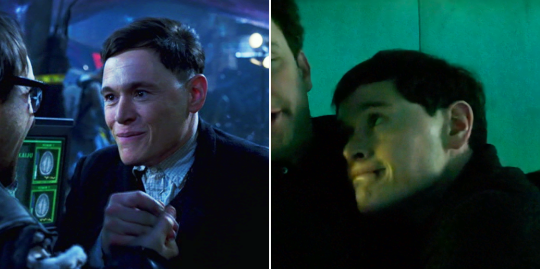
3K notes
·
View notes
Text
last episode of succession was so crazy. do you guys think kendall is going to manage to close the portal or is it over for new york?
14K notes
·
View notes
Video
mikkosi two ig stories 13.5.2023
‘You know what…you are the real winner’
Yes he is 😭
4K notes
·
View notes
Photo

ANYWAY. HE’S THE REAL WINNER I DON’T CARE
3K notes
·
View notes
Text

risked life and limb to climb out here
438 notes
·
View notes
Photo



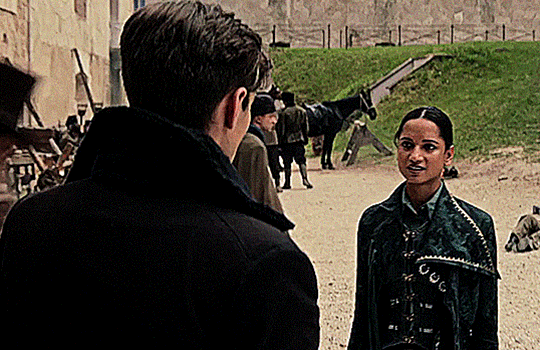


chapter 26, crooked kingdom
17K notes
·
View notes
